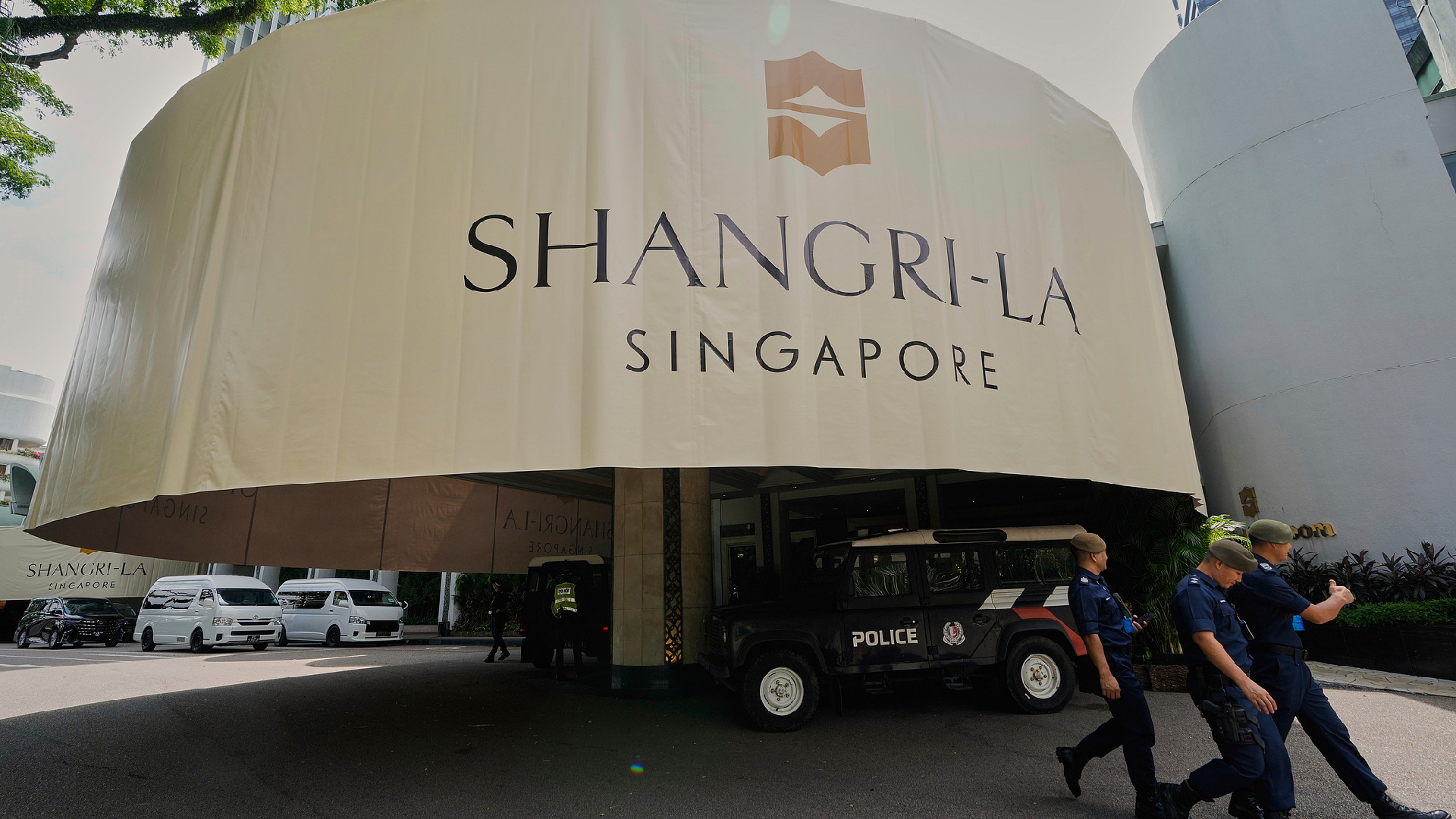Shangri-La Dialogue 2025 Kicks Off in Singapore: Key Highlights and International Security Insights
Shangri-La Dialogue 2025 kicks off in Singapore, bringing together global defense leaders to discuss security challenges.

The 22nd edition of the Shangri-La Dialogue began in Singapore on Friday, bringing together leading defense officials, military chiefs, and policy experts amid a backdrop of intensifying geopolitical rivalries across the Indo-Pacific region.
This year's summit has witnessed an impressive turnout: according to the Singapore Ministry of Defense, representatives from 47 countries are attending, including 40 ministerial-level delegates, 20 chiefs of defense forces, and over 20 senior defense officials. The gathering also features prominent academics and analysts who help shape the regional security discourse. Among the international delegations, the Chinese People's Liberation Army is represented by a team from its National Defense University, underscoring the event's significance in facilitating dialogue between major powers.
Kicking off the conference, French President Emmanuel Macron delivered a keynote address, highlighting the shared interests of Asia and Europe in maintaining the integrity of the global order. Macron's remarks emphasized the importance of preventing fragmentation in international cooperation, as both continents face mounting pressures from shifting alliances and economic tensions.
Looking ahead to Saturday, attention turns to U.S. Defense Secretary Pete Hegseth, who will outline America's "new ambitions for Indo-Pacific security." Observers note that Hegseth faces a challenging environment; many Asian allies remain cautious in light of the unpredictable policies implemented by President Donald Trump's administration, particularly those related to trade and economic measures. His speech is expected to address concerns and attempt to reinforce the United States' commitment to regional stability.
Malaysian Prime Minister Anwar Ibrahim is also scheduled to speak, leveraging Malaysia's current role as ASEAN chair to articulate the bloc's strategic vision amid growing geo-economic and geopolitical uncertainties. Organizers have indicated that Anwar will focus on the need for resilient leadership and cooperative frameworks in the region.
The summit will also hear from Kaja Kallas, the European Union's High Representative for Foreign Affairs and Security Policy, reflecting Europe's vested interest in Indo-Pacific affairs. Analysts suggest that core topics throughout the weekend will include regional security cooperation, the repercussions of the Russia-Ukraine conflict, and U.S. trade tariffs—issues at the heart of ongoing global realignments.
As the dialogue continues through Sunday, participants are expected to use the platform to reassure partners, explore new avenues of collaboration, and navigate the increasingly complex multipolar security landscape characterizing the Indo-Pacific in 2025.




